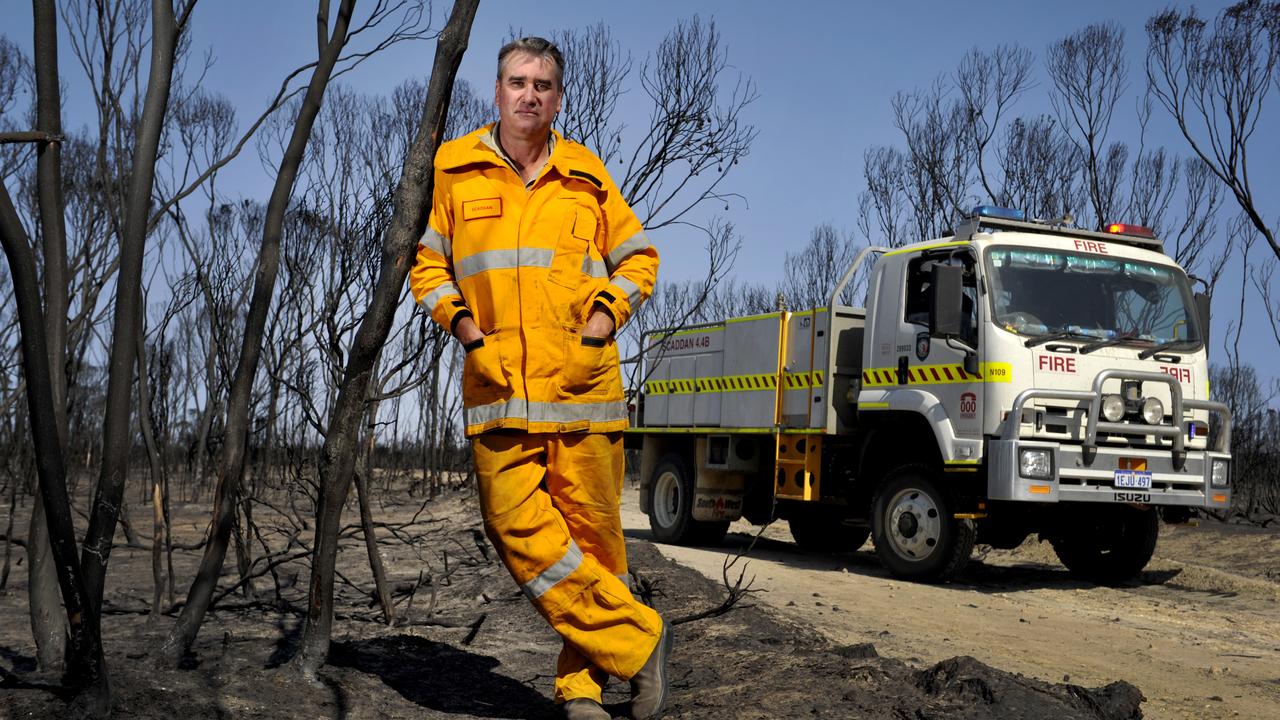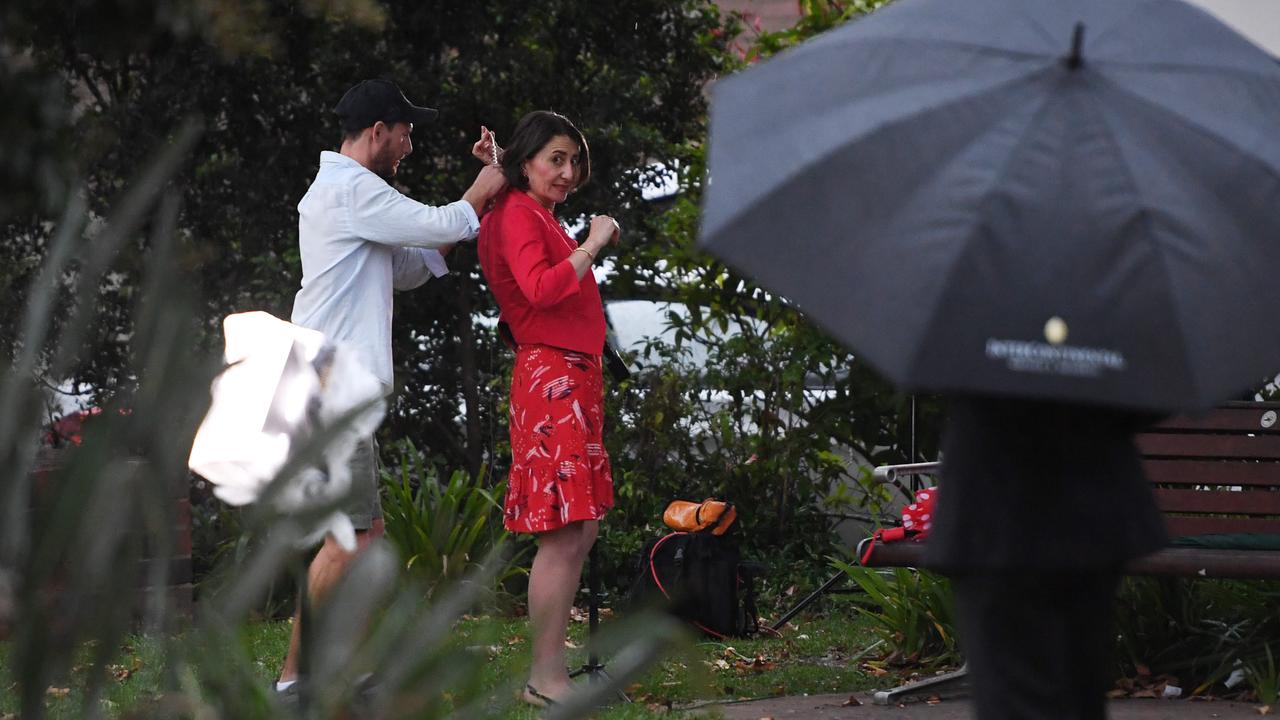A promising life’s slide into drugs and violence
It was his fights in social media videos that first got him noticed. This is how easily African boys are being sucked into lives of crime.

A tall, young man swings his hammer into the front door of a watch repair shop in Melbourne’s CBD, in broad daylight. His face is covered and he’s wearing gloves. He starts smashing the glass cabinets to get to the goods. It is his 18th birthday.
With two associates, he shoves watches into a sports bag and runs out to a car waiting for them around the corner, while terrified staff and customers cower in a tiny backroom.
The hammers come out again 90 minutes later, nearly 10km away, at a Coburg jewellery shop, and it’s the same story.
Only this time, some customers come out from the backroom and tackle the youth and one other young man to the ground. Another robber runs away with $135,000 worth of gold.
Victoria’s County Court was told the youth had a full blown ice habit by the time of the 18th birthday and he took some of the drug before the robberies. The proceeds of the robbery were not to be his; he had been offered a motel room and “girls”.
This birthday rampage resulted in the young man landing four years in an adult jail last April.
If the crime had happened a day earlier, he would have been back to the children’s court where he would have received a much softer punishment, despite being on bail at the time for a slew of offences.
He had already been in and out of the children’s court on seven different charges in the previous year and been remanded in custody twice.
The Weekend Australian has tracked the journey of this young man as Victoria is gripped by a youth crime crisis that has leaders scrambling for ways to prevent young men from African countries ending up in jail.
Politicians and police are desperately seeking to make Melburnians feel safe from the threat of violent crime; while the courts are coming under pressure to show the public they’re willing to lock up criminals.
While he cannot be identified due to his time in the children’s court, the man’s case shows how some young people, from war-torn African countries, struggle through the education and justice systems.
Several years ago this young man was the captain of several local and school sports teams. He was born in South Sudan and came to Australia as a refugee aged about seven, with siblings and accompanied by relatives who are now his de facto parents.
He came from a strict family — a household of 10 children — that valued education. None of his siblings have been in trouble with the law; three of them are at university.
But as a teenager he ran off the rails. The young man’s 21-year-old brother told The Weekend Australian adult jail was the right place for him.
“It’s probably best for him that he can actually take his punishment and he can do the time … he was coming in and out of youth detention and lockup just doing the same thing over and over,” the brother said.
A children’s court psychologist gave evidence that the boy had been noticed in mid-2015 by youth gangs who had seen him fighting in social media videos. He didn’t join the gangs, but agreed to provide them with “back-up” if they needed it.
The court was told he met several members of the notorious Apex gang through older boys but he was never a member of the now-disbanded group.
His ringleader, a Middle Eastern man who pleaded guilty to his involvement in the robberies several months after the boy was sentenced, was reported at the time to be linked to the Apex gang.
It was around this time that he began to appear regularly in front of the children’s court.
The boy was first arrested in 2015 and charged with robbery when he grabbed someone’s mobile phone. He would be arrested for assaults, phone thefts and mishandling stolen goods at least another six times.
He appeared in the children’s court on seven charges. He was bailed for all but two of them.
He was remanded in custody for five weeks in 2016 after being found in a McDonald’s car park with stolen goods in his car. And he was remanded again, one week after his release, for stealing a car and a mobile phone.
The boy got into fights in youth detention and showed little interest in youth justice’s many attempts to help him get his life back on track.
It was only weeks after he was last released from youth detention that he participated in the two robberies that would see him land in the adult jail. He was on several sets of bail at the time.
“He would be fine when he came home, but then he would go out and the police would come to the door again,” his brother said. “But I never thought he would do what he did at the end.
“I’m not sure how it’s going to work out for him in the end but for anyone who commits such crimes, that’s what they deserve, especially with his pattern of behaviour.”
The boy initially struggled to fit into Australian life but, after six months, he moved to a Catholic school that has specialised programs for Sudanese kids.
He did well for a while, particularly through sport. But in teenage years he began smoking cannabis and hanging out with older Sudanese boys.
The boy started taking ice regularly from October 2015. The boy told the court he took part in the robberies to clear a $20,000 ice debt but phone intercepts played in court heard him being offered four motel rooms and girls by a gang ringleader.
The presiding judge at his county court sentencing in April said his long criminal record and the violent nature of his most recent crime meant he had to stay in adult jail.
“I do not enjoy sentencing someone of your age to adult jail, but you have pushed it too far,” the judge said.
A former teacher at the boy’s school told The Weekend Australian he was surprised the youth had come off the rails: “He was an absolute leader … he had all those leadership qualities at a young age which certainly didn’t give us any indication things would go wrong down the track.’’
The boy became heavily involved with a local sports club that helped him further integrate but problems in Year 11 led to his downfall. “He became really disengaged at school, he really didn’t like school, and then he started getting into a lot of trouble with the law,” the teacher said.
A lot of South Sudanese children were visual learners and needed more support in Years 7 to 10. “If you haven’t got a job, you’re disengaged at school; you don’t have a sports club that can really support you with your issues … you’ve got nothing,” his brother said. “This is not just a South Sudanese community problem, it’s an Australian problem. We all need to put our heads together.”
The boy will be eligible for parole next year.
Catholic Church deacon George Piech Meat, a South Sudanese refugee himself, has set a rapid-response system once young offenders’ terms are up. “We put the young people immediately in contact with Catholic social services and the St Vincent de Paul society for housing and clothing. By getting in there fast and giving them the support they need, we have found these young people have ended up very well settled.”



